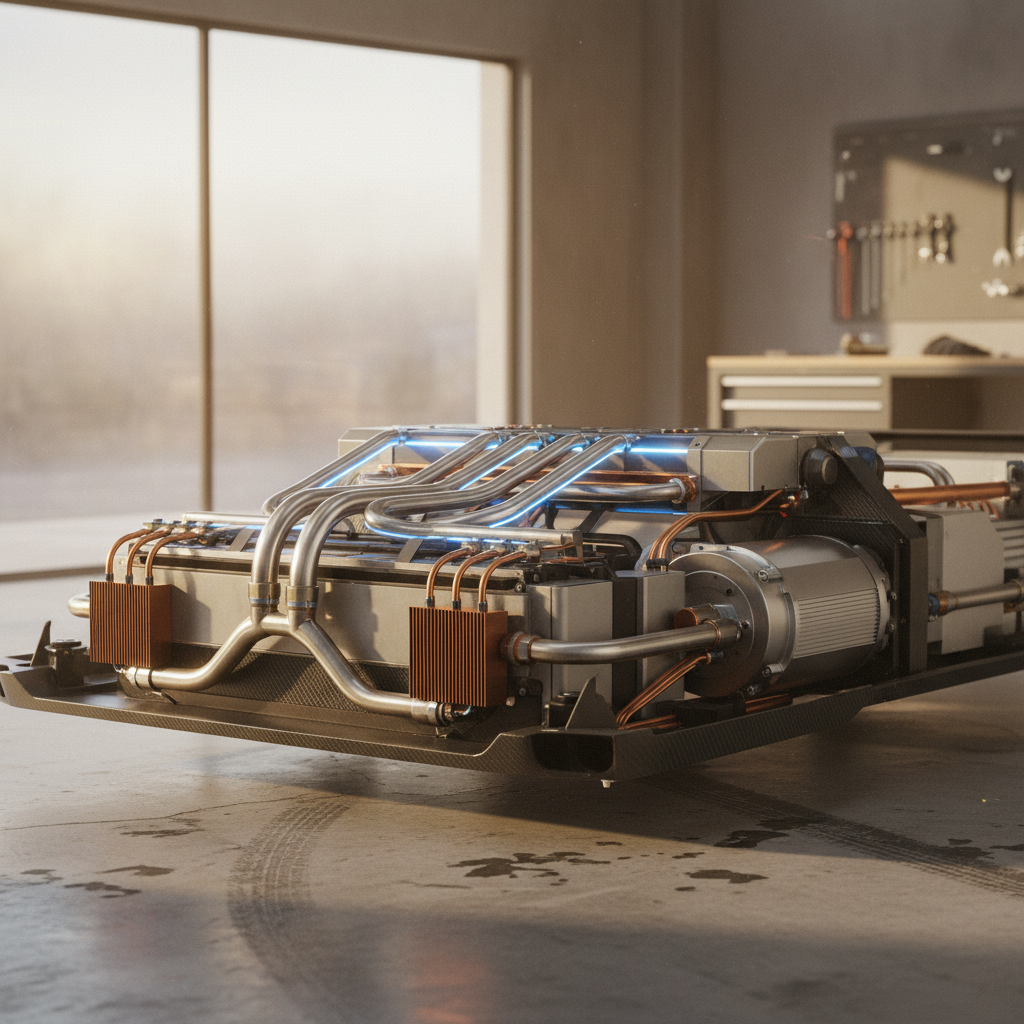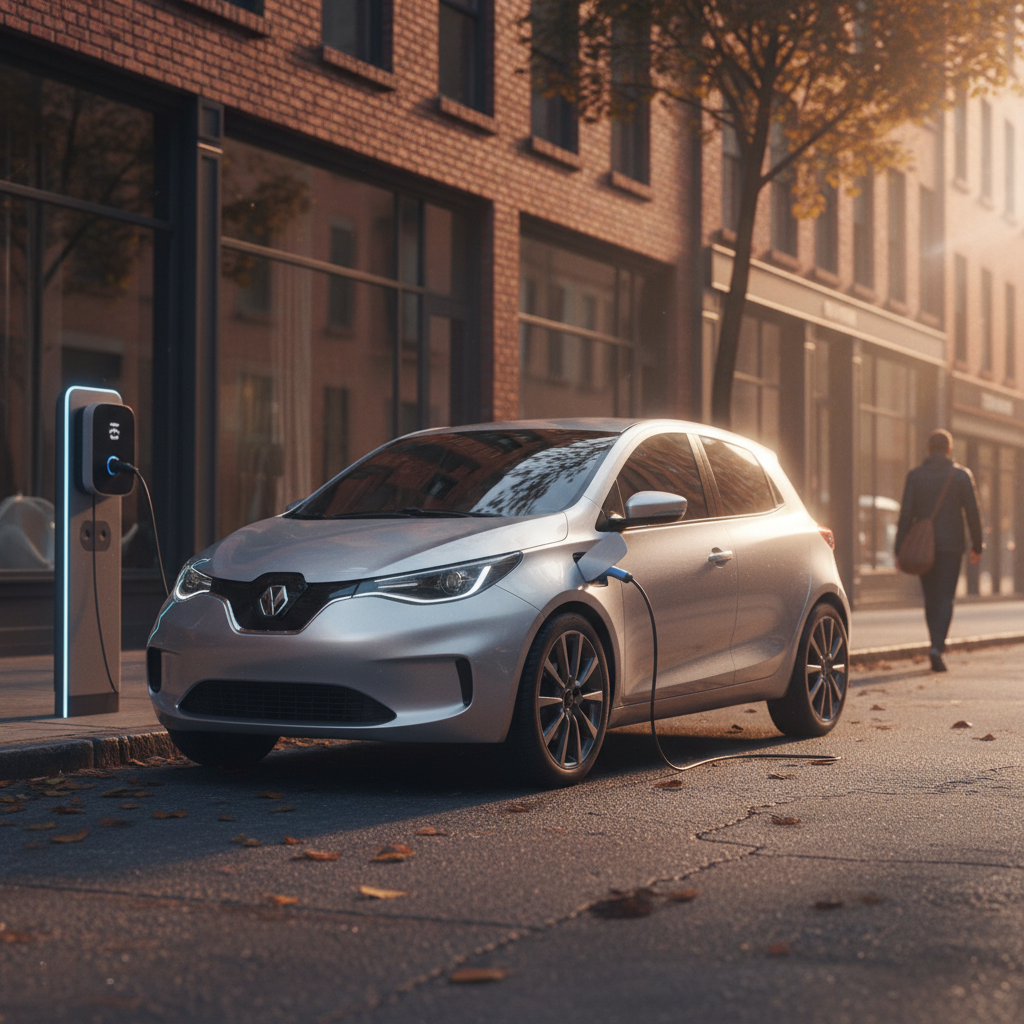If you’ve typed “Tesla Z” into a search bar, you’re not alone. Shoppers use it on forums, used-car sites, even in dealership chats, usually looking for a compact electric SUV like a Tesla or a Toyota bZ model. The twist? There is no Tesla model officially called “Tesla Z.” But the confusion points to something real: people want an affordable, efficient EV that feels as modern as a Tesla without breaking the bank.
Quick takeaway
What Is “Tesla Z,” Exactly?
Let’s start with the basics: Tesla has never sold a car officially called “Tesla Z.” There’s no Model Z in the lineup, no upcoming Tesla Z in the order configurator, and nothing in Tesla’s public product roadmap that uses that badge.
- Tesla’s real passenger-vehicle lineup today: Model 3, Model Y, Model S, Model X (plus Cybertruck in limited numbers).
- Performance and future halo cars: the upcoming Tesla Roadster and the fully autonomous Cybercab.
- No Tesla “Z” trim, package, or concept has been officially marketed under that name.
So why do so many shoppers still talk about a Tesla Z? Because the letter “Z” has become shorthand online for modern, zero‑emission crossovers, and that’s where Tesla, Toyota and a few others all collide.
Why “Tesla Z” Keeps Showing Up in Searches
Four Reasons “Tesla Z” Exists in People’s Heads
It’s less about a specific model and more about how shoppers think and type.
1. Mixing Up Tesla and Toyota bZ
Tesla is the default name people use for EVs. Toyota’s electric SUV line is called bZ ("beyond Zero"), so shoppers mash them together into "Tesla Z" when they’re hunting for comparisons or deals.
2. Looking for a Small Tesla SUV
Some shoppers mean a compact Tesla that doesn’t really exist yet, smaller and cheaper than a Model Y, closer in size to a Toyota bZ or Chevrolet Bolt EUV.
3. Typos and Autocomplete
Type "Tesla bZ" or "Tesla bz4x" fast on a phone, and autocorrect happily morphs it into "Tesla z." Once that term exists in search history, it keeps coming back.
4. Rumors and Code Names
Media nicknames like Model 2 or Model Q for Tesla’s future compact EVs make people assume a "Z" could be the next logical badge.
How to get better search results
Tesla Z vs Toyota bZ4X: Untangling the Names
Here’s where it gets interesting. Toyota’s electric compact crossover, the Toyota bZ4X, is now simply called the Toyota bZ in North America. That “bZ” badge (for “beyond Zero”) is what many shoppers vaguely remember, then attach to Tesla in their minds.

“Tesla Z” in People’s Heads vs Toyota bZ in the Real World
How the made-up Tesla Z idea compares to Toyota’s real compact EV.
| What shoppers mean | Real model | Brand | Type | Key traits |
|---|---|---|---|---|
| "Tesla Z" crossover | Usually Tesla Model Y | Tesla | Compact SUV | Quick, tech-heavy, strong Supercharger access |
| "Tesla Z" small EV | Sometimes Tesla Model 3 | Tesla | Compact sedan | Lower roofline, efficient commuter, plenty on used market |
| "Z" zero-emission SUV | Toyota bZ4X / bZ | Toyota | Compact SUV | All-electric, Toyota reliability image, improving range and charging |
| Affordable future Tesla | Next-gen Tesla compact (rumored) | Tesla | Future compact EV | Not on sale yet; often called Model 2 or Model Q, not Z |
There’s no Tesla Z, but there is a very real Toyota bZ that often inspires the nickname.
Watch the badge, not the buzzword
Which Tesla Do People Usually Mean by “Tesla Z”?
In everyday conversation, "Tesla Z" usually points toward a compact, efficient Tesla for daily duty. Nine times out of ten, that means one of two real cars you can actually buy, especially on the used market.
The Real Teslas Hiding Behind “Tesla Z”
Tesla Model 3: The "Tesla Z" Sedan
If you’re picturing a low, sleek EV with great range and a clean interior, you’re in Model 3 territory. It’s the car that made Tesla feel attainable, and it’s one of the best values in the used EV market today.
- Excellent efficiency and range for the money
- Plenty of charging speed for road trips
- Lots of used inventory, from early Standard Range to newer Long Range trims
For many buyers, a used Model 3 does everything they imagine a "Tesla Z" would do, without waiting for a future model that doesn’t exist yet.
Tesla Model Y: The "Tesla Z" Crossover
If you need kids, dogs, gear, or all three to fit comfortably, your mental "Tesla Z" is probably a Model Y. It’s essentially a taller, roomier Model 3 with hatchback practicality.
- High seating position and big rear opening
- Strong demand in the used market, but still many choices
- Newer refreshed versions add range and tech but cost more
If you search "Tesla Z SUV" and end up on Model Y listings, you’re in the right neighborhood.

How “Tesla Z” Connects to Future Tesla Models
The other reason "Tesla Z" refuses to die is the buzz around Tesla’s next‑generation compact EV platform and the long-awaited second‑generation Tesla Roadster. Neither car wears a Z badge, but they feed the idea that a shockingly quick or affordable new Tesla is coming soon.
Future Teslas People Confuse With “Tesla Z”
Two very different ideas: a halo sports car and a budget-friendly compact.
Next‑Gen Tesla Roadster
Tesla’s promised four‑seat sports car is designed to be a halo vehicle with brutal acceleration and long range. Production has been delayed several times, with recent comments pointing to the latter half of this decade.
It’s not compact, not budget, and definitely not the "everyday Tesla Z" many shoppers imagine, think supercar, not commuter.
Next‑Gen Compact Tesla (Model 2 / Q)
Tesla’s future lower‑cost platform is aimed at a car under the current Model 3 and Y, smaller, cheaper to build, and potentially priced closer to mass‑market hatchbacks.
Media often call it Model 2 or Model Q. Shoppers who say "Tesla Z" sometimes mean this future compact, even though it hasn’t launched yet.
A reality check on timing
Used Tesla or Toyota bZ? How to Choose the Right EV
Once you stop chasing the name and start looking at the metal, the real question becomes simple: Should you buy a used Tesla (Model 3 or Y), a Toyota bZ, or another compact EV like a Chevy Bolt? Here’s how to frame the decision.
Three Common Paths for “Tesla Z” Shoppers
Same goal, efficient, modern EV, different ways to get there.
Path 1: Used Tesla 3 or Y
Best if you want:
- Access to the Supercharger network
- Strong acceleration and tech feel
- Lots of online owner knowledge and support
Watch for: Wheel size (affects range), cabin heat/cold performance, and prior fast‑charging use.
Path 2: Used Toyota bZ
Best if you want:
- Comfortable ride and familiar Toyota ergonomics
- Conservative styling and easy driving manners
- Dealer service network you already trust
Watch for: Real‑world highway range and what fast‑charging options you have locally.
Path 3: Other Compact EVs
Think Chevrolet Bolt (second‑gen), Hyundai Kona Electric, Kia Niro EV, and others.
Best if you want: Maximum value per dollar and you’re less concerned with a Tesla badge.
Where Recharged fits in
Checklist: Shopping for a “Tesla Z”-Type EV
Seven Steps to Get the EV You Really Wanted
1. Decide sedan vs crossover first
Before you dive into badges, decide if you truly need the height and cargo of a crossover (Model Y, Toyota bZ) or if a sedan (Model 3) fits your life just fine.
2. Set a realistic range target
For many drivers, <strong>230–280 miles of EPA range</strong> comfortably covers daily use and occasional trips. Don’t overpay for range you’ll rarely use.
3. Map your charging reality
Check where you’ll charge most: at home, at work, or on road trips. Tesla’s Supercharger network is a big plus, but public CCS/NACS networks have improved too.
4. Look past the model year to battery health
Two cars from the same year can have very different battery histories. On Recharged, the <strong>Recharged Score</strong> and detailed battery diagnostics tell you how the pack has actually aged.
5. Compare total ownership cost, not just price
Factor in insurance, home charging setup, expected maintenance, and your local electricity rates. A slightly higher purchase price can still be cheaper to own overall.
6. Read the fine print on driver‑assist features
Autopilot, Full Self‑Driving (Supervised), Toyota Safety Sense, what’s actually enabled on the car you’re buying? Features can differ by trim, software, and region.
7. Consider resale and flexibility
Popular trims and colors with solid range tend to be easier to resell or trade in later. That matters if your next move is a larger EV, or whatever Tesla eventually launches instead of a "Z."
FAQ: Common Questions About “Tesla Z”
Frequently Asked Questions About “Tesla Z”
Bottom Line: Don’t Chase a Letter, Buy the Right EV
The phrase “Tesla Z” is a bit of internet folklore, a mash‑up of Tesla’s brand power, Toyota’s bZ naming, and wishful thinking about future compact EVs. But the good news is that the car you’re picturing probably already exists. It just has a different badge on the trunk.
If you want the classic Tesla experience, you’re really shopping for a Model 3 or Model Y. If you like Toyota’s vibe, you’re looking at the Toyota bZ. If you mostly care about value, there are excellent alternatives like the Chevrolet Bolt and other compact EVs that deliver range and practicality without the name‑game.
On Recharged, every one of those choices comes with a Recharged Score battery‑health report, transparent pricing, EV‑specialist support, and options for financing, trade‑in, and nationwide delivery. So instead of hunting for a mythical Tesla Z, you can zero in on a real electric vehicle that fits your life, your budget, and your next decade on the road.



